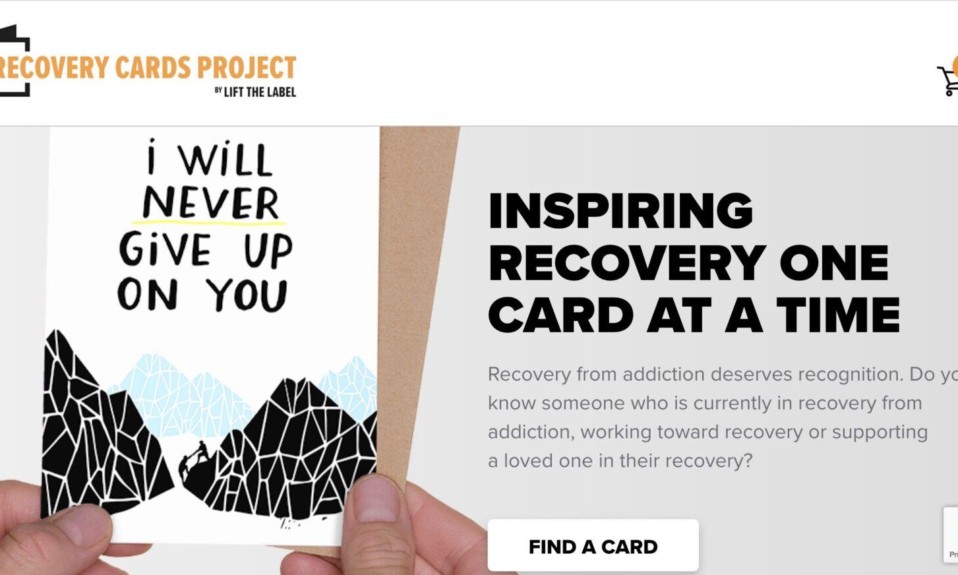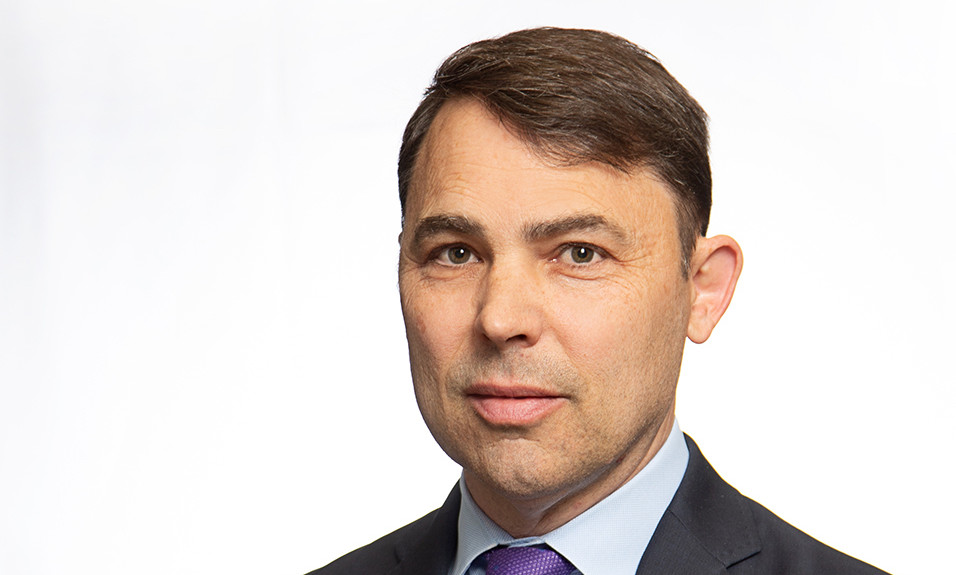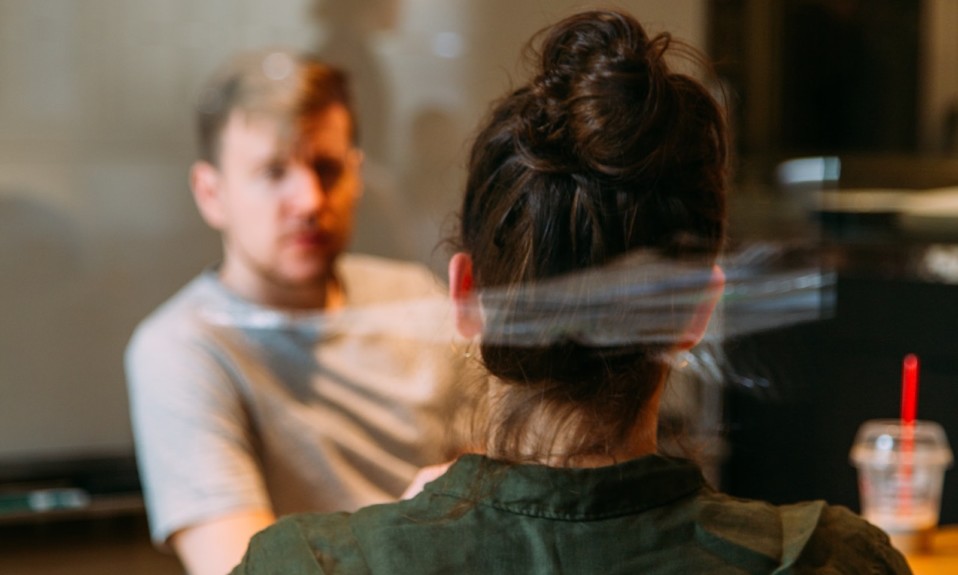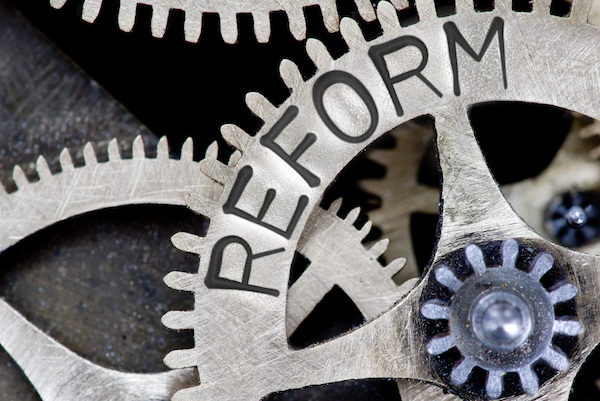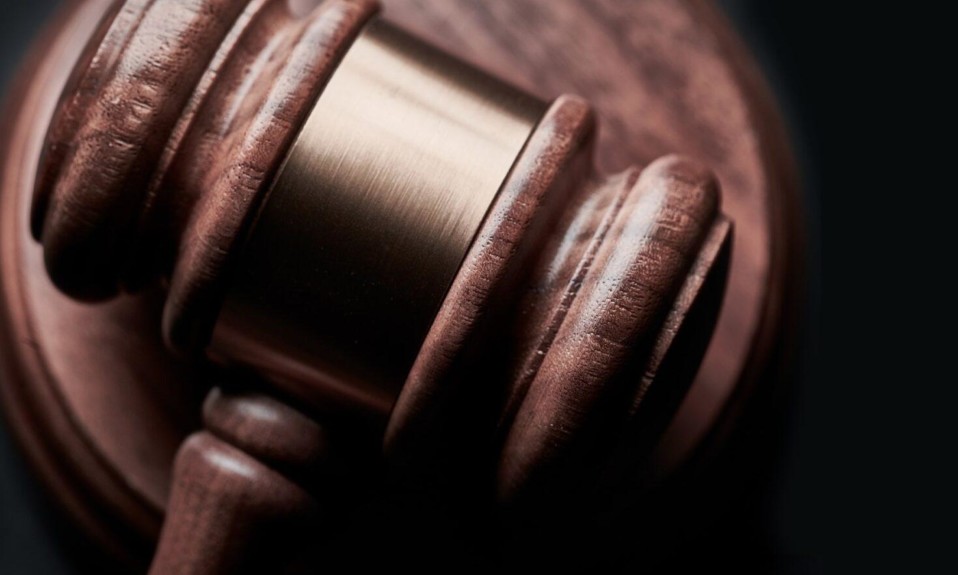Lift the Label’s greeting cards help fight stigma and offer ways to support and connect with people recovering from addiction
By Jason Langendorf
December 8, 2020
When Tabitha Benedict got the call to participate in the Recovery Cards Project, an initiative created by Colorado’s Lift the Label campaign, she quickly said yes. Benedict is an Erie-based artist with a studio in Boulder, and mental health and addiction recovery are among her passions.
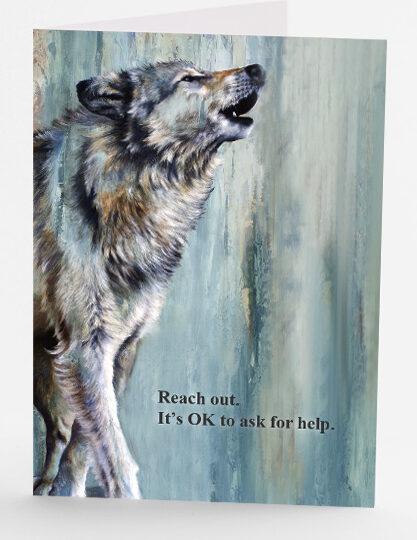
But she knew there was another reason she’d been contacted.
Benedict is in recovery. She grew up in a family compromised by alcohol use disorder (AUD). Her ex-husband was addicted to alcohol, she says, and Benedict herself “went through periods of alcohol, cocaine and crack.”
When Lift the Label, Colorado’s opioid anti-stigma campaign, launched the Recovery Cards Project at the Advocates for Recovery Rally last September in Denver, the vision was to commission local artists with a first-hand understanding of addiction to design greeting cards that could help people better connect with loved ones in recovery. Benedict was, in many ways, the ideal candidate.
“My inspiration is just getting through to people and creating an emotional response, kind of reconnecting people back to who they are,” says Benedict, who designed three of the cards in the project collection. “I’ve had several people comment on my work, saying it’s very calming. So my inspiration is to bring an environment of calm and common sense to people—a spiritual connection to themselves, being OK with who they are, connecting people to nature and to others.”
Supporting Recovery—One Card at a Time
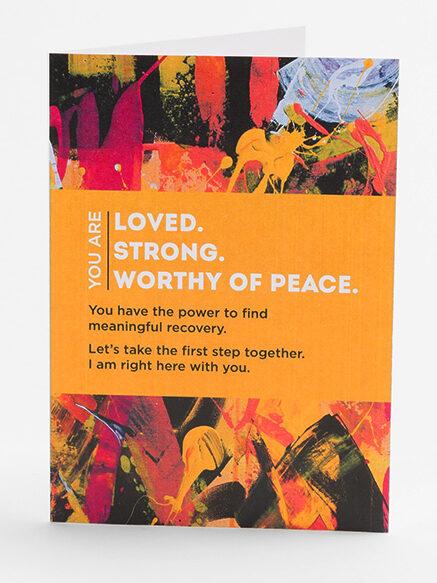
“So this is a huge gap,” Whitney says. “We kept hearing, ‘I can tell somebody I’m in recovery, but they don’t know what to say to me.’ Or if I say that my son died from an opioid overdose, they don’t know what to say because it’s an overdose, as opposed to like talking about something that’s still hard but more conventional to talk about, like terminal illness.”
Featuring a variety of artwork—Benedict works mostly in Venetian plaster—and messages of hope and support, the campaign’s recovery cards have now been delivered to all 50 states. More than 41,000 in total have been sent since the launch.
Recovery Cards are available in physical form for Colorado residents only and in digital form for all other people—at no cost. The cards can be ordered directly from RecoveryCardsProject.com.
The mission of extinguishing stigma and opening the lines of communication for those in recovery has been especially meaningful in Colorado, a state hit hard by addiction. Between 2017 and 2018, 11.9% of people 18 and older in the state reported a substance use disorder (SUD)—higher than the national rate of 7.7%.
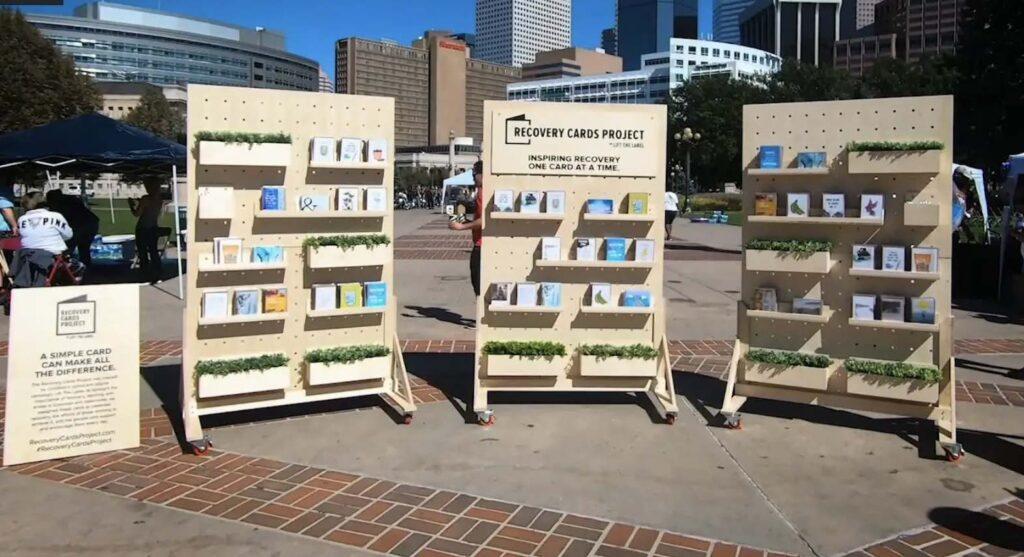
Seeing the cards on display, it drew me in. And as you look through, I was like, ‘Wow, these are the words I didn’t have.’”—Rep. Leslie Herod (D-Colo.)
Whitney points to a video on the Lift the Label website from the an Advocates for Recovery Rally in September 2019. At the event, the work Benedict and other artists created for the Recovery Cards Project was displayed on kiosks, and the response was overwhelmingly positive: 800 free cards distributed, another 6,600 ordered online within 48 hours of the rally and effusive praise of the project’s art and messaging.
“Seeing the cards on display, it drew me in,” said Rep. Leslie Herod (D-Colo.), who attended the rally. “And as you look through, I was like, ‘Wow, these are the words I didn’t have.’”
“When I was struggling and trying to get sober,” said an attendee named Chris, “it could have been the difference between my getting sober and staying sick.”
And from another attendee: “To me, it’s saying that I have someone to walk through this with me.”
“Feeling Safe…to Ask for Help”
Benedict understands the power of those sentiments, maybe now more than ever. While working on the Recovery Cards Project, she learned that her teenage daughters were being exposed to substances she wasn’t familiar with—opioids and prescription Adderall, for instance—through their circles of friends.
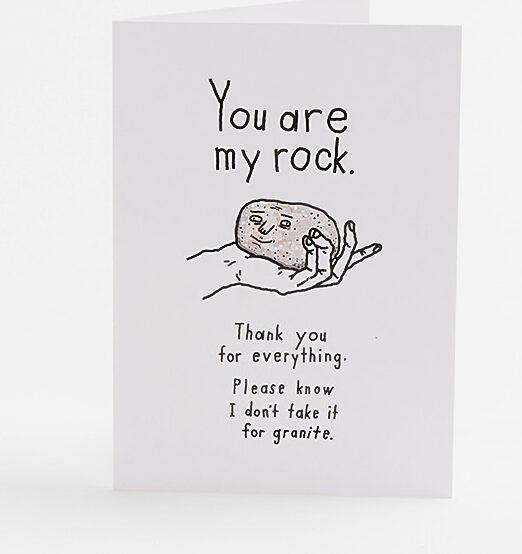
The artist says, “I’m willing to be open and talk about anything,” and she believes it’s important to avoid judgment. Benedict recalls receiving a call from her daughter on more than one occasion asking for a ride home from a setting where Benedict knew substances had been available to her daughter.
Instead of grilling her, Benedict says, she made sure her daughter knew she’d be there for her then and in the future. “And that’s what the whole Lift the Label campaign is about,” Benedict says. “It’s feeling safe to say something to somebody, to ask for help. And know that they’re going to be safe in doing so.”


